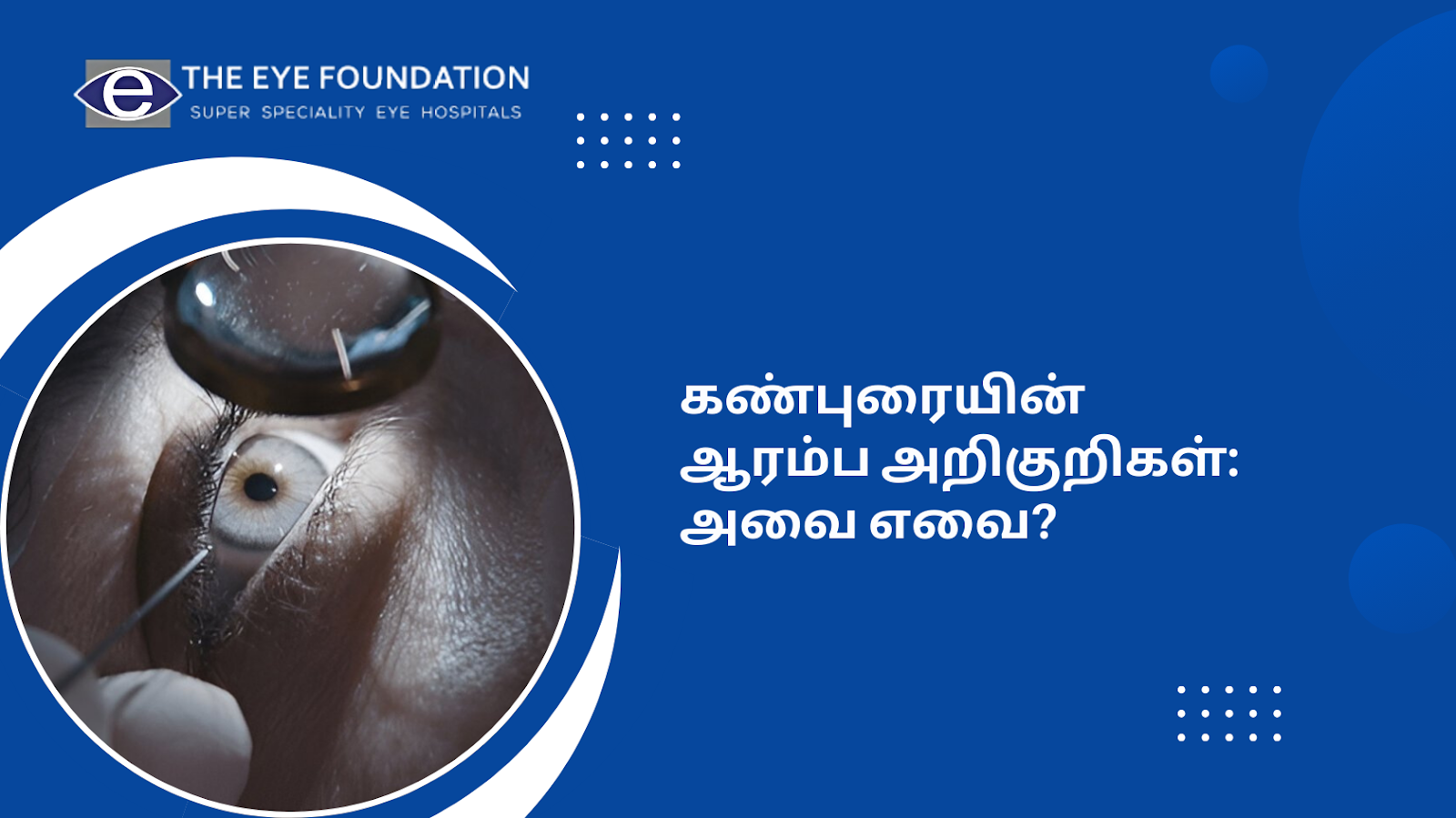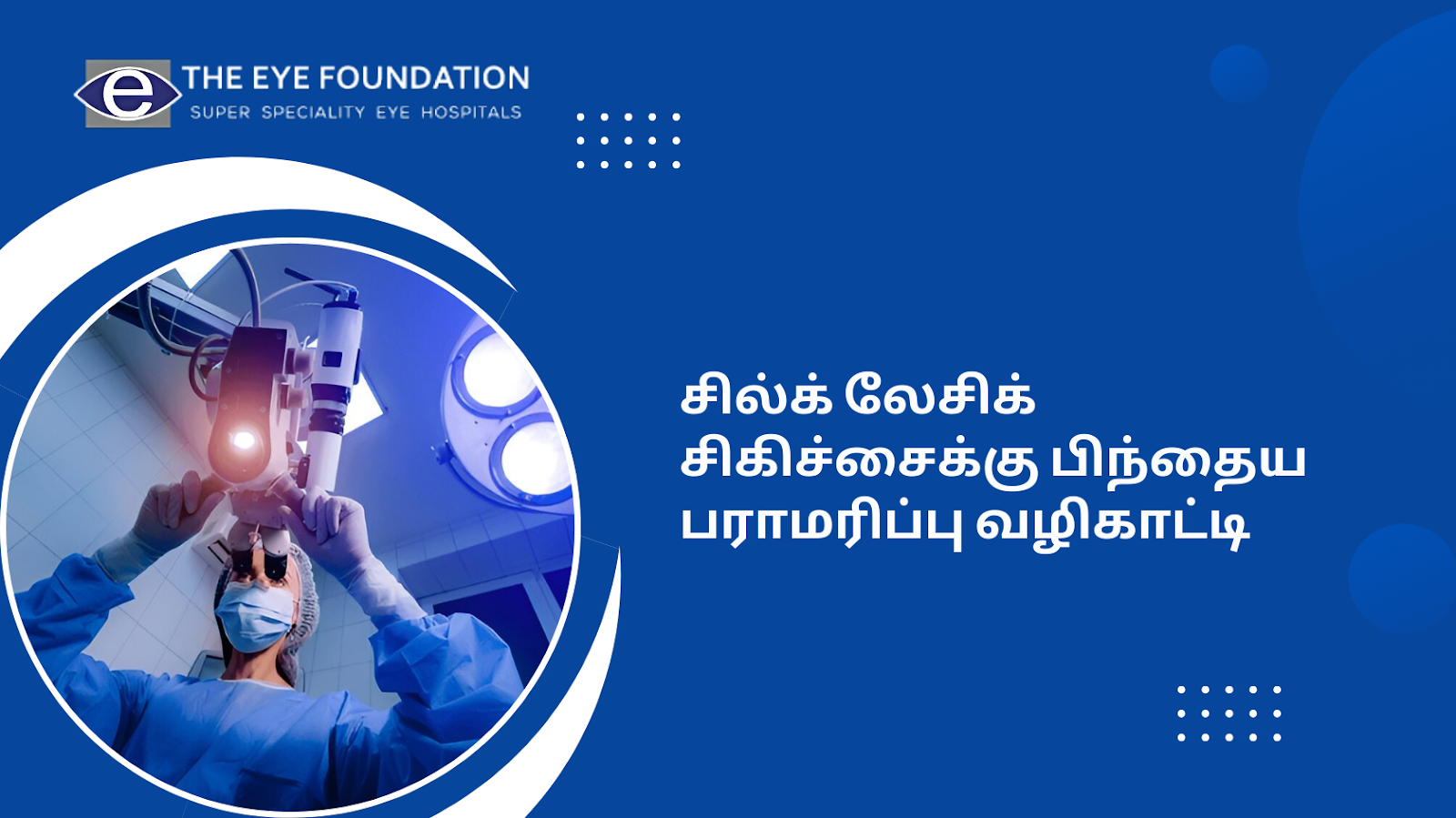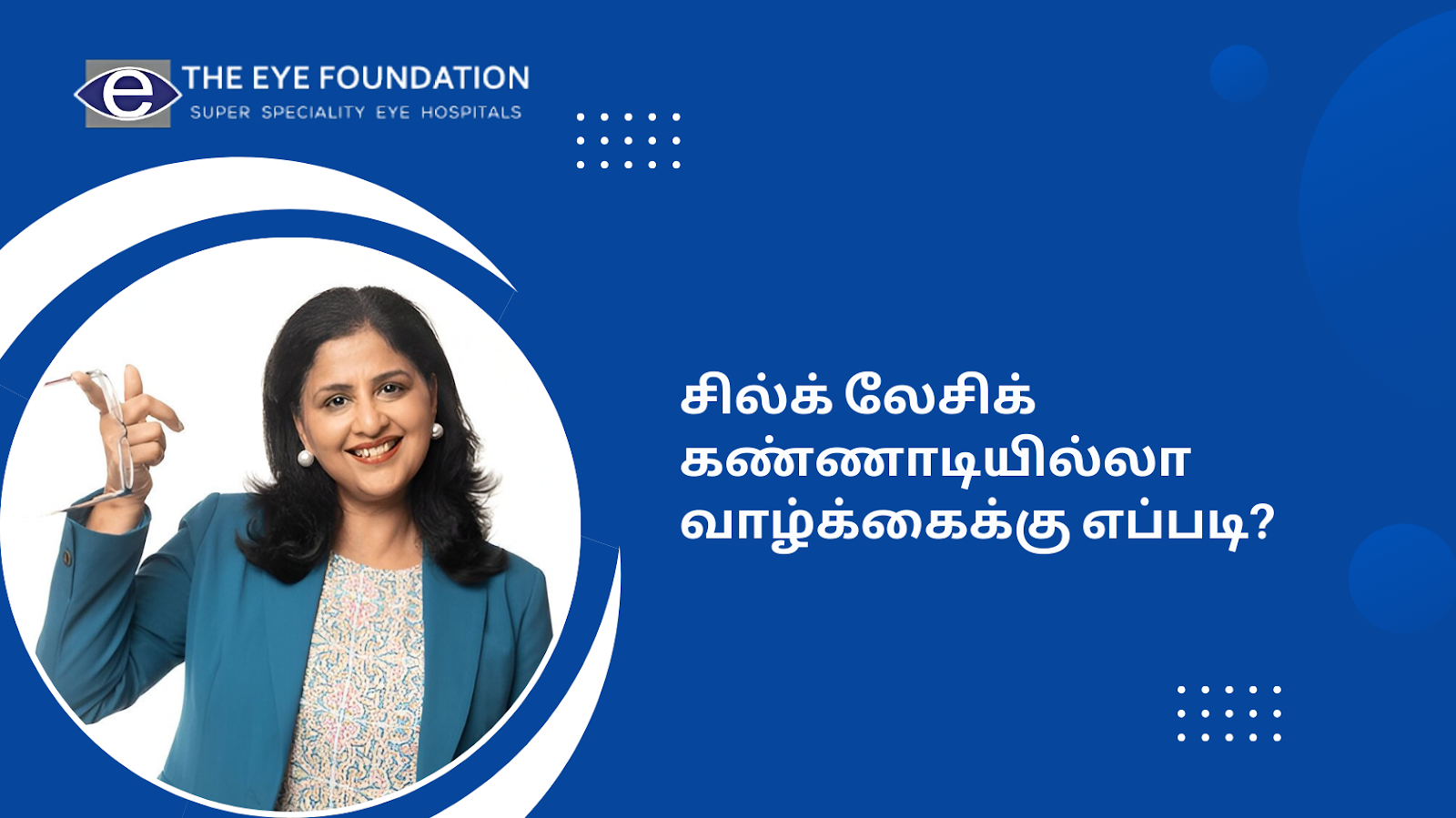Glasses are one of the most neglected accessories, but they are essential for the eyes and their health. Indeed, sunglasses seem to be a fashion accessory, but they are much more than that. In this blog post I will discuss why people should wear sunglasses, what benefits does it provide to the eyes and how to select the right one.
How Sunglasses Protect Your Eyes
- UV Ray Protection
UV protected sunglasses protect your eyes from both UVA and UVB radiation. This is important because UV light can cause damage to the cornea, lens, and retina, and the incidence of serious eye diseases is higher with increased exposure to UV light. - Reduced Risk of Eye Diseases
Sunglasses protect the eyes from the accumulation of damage by UV radiation which is known to cause cataracts, macular degeneration and some types of eye cancer. - Glare Reduction for Clear Vision
Sunglasses help to minimize light reflected from such surfaces as water, sand, snow or roads among others. This feature improves the visibility hence makes outdoor activities safer and more comfortable. - Photokeratitis Prevention
Prolonged exposure to the sun also causes photokeratitis also known as “sunburn of the eyes” that leads to pain, redness and temporary blindness. Sunglasses avoid this because they reduce the amount of ultraviolet radiation that gets to the eyes. - Protection from Blue Light
Most sunglasses also filter high-energy visible (HEV) light, or blue light, from the sun as well. Blue light is not as dangerous as UV light but it still causes digital eye strain and discomfort in the sunlight. - Barrier Against Environmental Elements
Sunglasses protect the eyes from the wind, dust and other things that may cause irritation or scratch the eyes particularly during windy or dusty conditions. - Reduction of Eye Fatigue
During the day, you may experience your eyes dilating and contracting when you are in the sunlight. Sunglasses protect the eyes from the intensity of the sunlight and lessen eye strain thus making it possible to spend more time out of doors. - Protects Skin Around the Eyes
Sunglasses protect the skin around the eyes from UV rays which cause skin cancer, wrinkles, and other signs of early aging. - Better Color Perception
Sunglasses protect the eyes from bright light and hence can enhance the quality of vision as well as minimizing the distortions that are caused by light; this is very important in activities that require a high level of accuracy. - Enhanced Contrast
Polarized sunglasses not only block glare but also increase contrast, making them useful for outdoor sports and other activities that increase safety and comfort.
Eye Health Benefits of Wearing Sunglasses
Sunglasses have other eye health benefits apart from the comfort they bring to users. Here are some key benefits:
- Reduced Risk of Cataracts
Cataracts that obscure the eye’s natural lens may form more quickly due to UV exposure. UV protected sunglasses slow this process by preventing the rays that can harm the eye lens from penetrating through the eyes. - Protection Against Macular Degeneration
The central part of the retina is affected by macular degeneration which is one of the main causes of vision impairment. One of the recognized risk factors is exposure to sunlight and this can be reduced by putting on sunglasses as you age. - Prevention of Photokeratitis
Photokeratitis also referred to as “snow blindness” or “welder’s flash” is characterized by redness of the eye, pain and temporary blindness. Sunglasses shield your eyes from the direct radiation that causes this uncomfortable condition. - Reduced Eye Strain and Headaches
Direct sunlight is usually uncomfortable and brings about squinting, which results in eye strain and can cause headaches. Sunglasses minimize light reflection, and your eyes are able to take a break, and feel more comfortable especially when in bright environs.
Potential Risks of Not Wearing Sunglasses
Not wearing sunglasses, especially when outdoors, can increase the risk of several eye-related issues:
- Higher Likelihood of Eye Diseases
There is evidence that UVB radiation exposure over the years can cause eye disorders such as cataracts and macular degeneration. Without sunglasses, your eyes are exposed to these possible conditions that may affect you sometime in the future. - Increased Risk of Skin Cancer Around the Eyes
The skin around the eyes is thin and susceptible to damage caused by exposure to the ultraviolet light. Without sunglasses, this area is more susceptible to skin cancer particularly basal cell carcinoma that commonly develops in the eyelids. - Premature Aging of the Eye Area
UV radiation leads to formation of wrinkles, fine lines and sun spots around the eyes which gives an aged look. Sunglasses aid in preventing the skin around the eyes from getting damaged through early aging. - Increased Risk of Photokeratitis and Corneal Sunburn
Photokeratitis is experienced when the eyes are exposed to high levels of UV light and it results in eye discomfort, pain and blurred vision. Sunglasses protect the eyes in the same way that a glove protects the hand.
How to Choose the Right Sunglasses
The choice of sunglasses is crucial in order to achieve proper eye protection. Here are some tips to consider:
- Look for 100% UV Protection
Make sure that your sunglasses protect you from 100% of ultraviolet A (UVA) and ultraviolet B (UVB) rays. This information is normally written on the label. Normal sunglasses are even more dangerous because they do not have UV protection and the pupils of the eyes will dilate thereby increasing their exposure to UV light. - Consider Polarized Lenses
Polarized lenses cut down on glare, which is why they are perfect for use in activities such as driving, boating or being on a brightly lit surface. Polarization does not add any additional measure of UV protection, but it does boost the convenience factor and visibility. - Choose the Right Lens Color
Although the color of the lens does not have anything to do with the protection against UV, some colors enhance contrast and reduce eye fatigue. For example, brown or gray shades are appropriate for regular use; however, yellow or amber shades are suitable for use during the evening. - Fit and Comfort
Make sure that the sunglasses you wear fit and feel right. Wraparound styles provide more protection which is useful in shielding off light from the sides.
To sum up, protection of the eyes is not only a matter of style, but it is also an effective measure towards the prevention of diseases of the eyes. UV radiation protection, reducing eye strain and adding an additional layer of shield make sunglasses play an important role in protecting your vision and the skin around the eyes.
Be proactive about your vision and make sure to put on sunglasses at any time you go out, in any weather. For further information on how to protect your eyes and ensure their health, please go to The Eye Foundation. Contact us today to schedule an appointment to get the right solution for your eyes.






